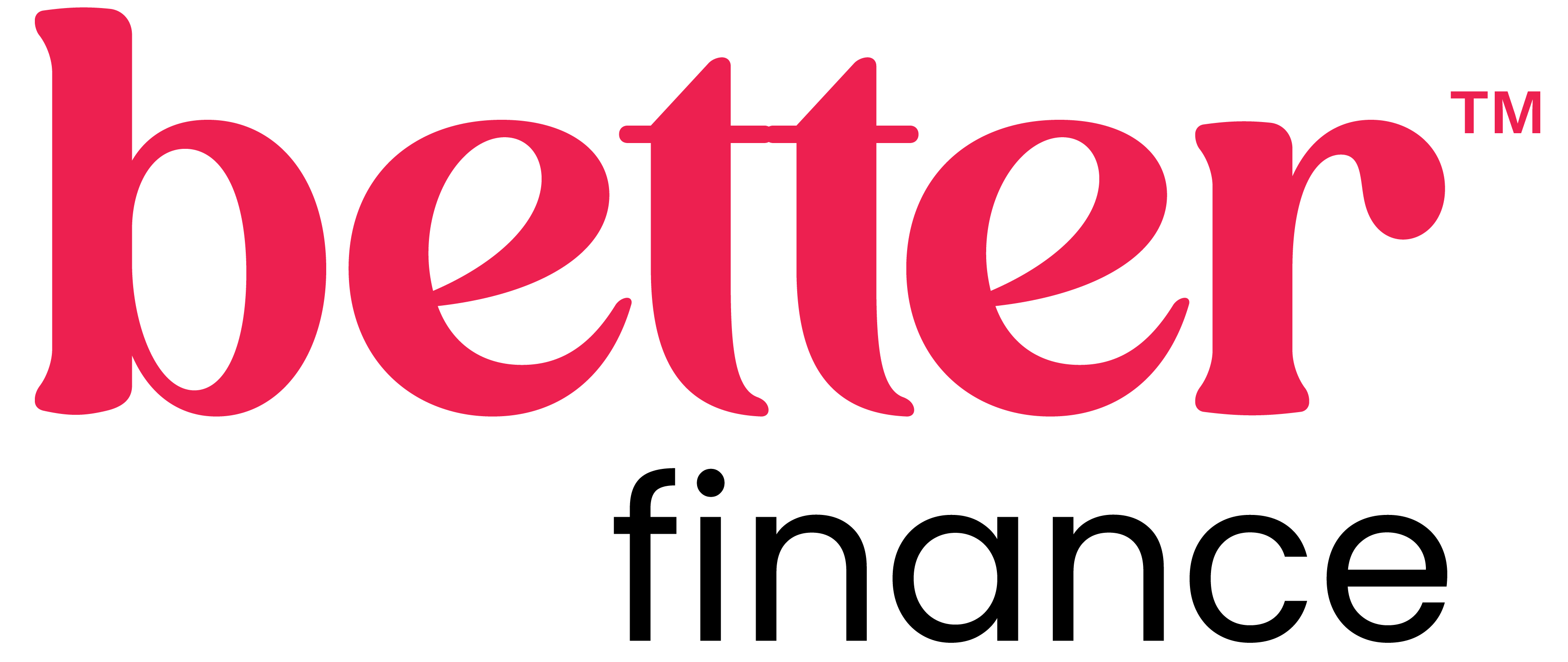
Personal loans can be a really handy financial tool.
But there is the potential for things not to be quite as they seem.
better finance™ is committed to helping New Zealanders make informed borrowing decisions, and part of that is being alert to the potential for scams.
Types of personal loan scams
There are a few ways that you might encounter a personal loan scam in New Zealand.
Upfront fee scams
Scammers might request that you pay them a certain amount of money before your loan application can proceed. Legitimate lenders do not do this.
Phishing scams
Scammers sometimes send emails, make phone calls or send messages on social media or via text pretending to be legitimate lenders. They’ll sometimes collect people’s data this way, which can be used for identity fraud.
Fake lender websites
In the same way, sometimes scammers set up websites that impersonate legitimate lenders to collect data from unsuspecting would-be borrowers.
Red flags to watch for
There are a few things that should make you think twice.
Promises of “guaranteed acceptance”
No legitimate lender can promise that they’ll accept all loan applications. If you see this, it should make you wary.
Unsolicited offers
If you haven’t applied to a lender for a loan, they shouldn’t be getting in touch offering you one. If you receive an email out of the blue, or a text or phone call, and you haven’t already made an inquiry with that lender, take care.
Lack of proper licensing
All New Zealand lenders need to be registered on the Financial Services Providers Register (FSPR). You can check this register at any time.
Pressure tactics
You should be able to take your time over the decision to borrow money. If a lender puts you under pressure to act quickly, that’s a warning sign.
No physical address
Your lender should list New Zealand contact details, including a physical address and phone number.
Requests for untraceable payments
Be extremely careful with any “lender” that asks you to make payments via gift cards, cryptocurrency or international money transfer.
How to verify legitimate lenders
Here are a few ways you can reassure yourself that the lender you’re dealing with is genuine.
Check licensing
You can check the FSPR for details of the lender.
Look for transparency
Legitimate lenders will be upfront about the fees, interest rates and repayment terms they offer. You should receive clear answers to any questions you have.
Contact the lender directly
If you’ve received an email, don’t be afraid to pick up the phone and call the lender to double-check.
Look for reviews
You may be able to find reviews and testimonials online – it’s great if these are available on third-party sites.
How to protect yourself
Here are four steps you can take to protect yourself from a potential scam.
Do your research
You can use tools like better finance™’s loan calculators to see what your repayment terms should be. If someone offers you something that’s very different, it might prompt you to think twice.
Avoid sharing sensitive information
Only provide your personal details through secure, verified platforms. The team at better finance™ can explain how we take steps to protect your information.
Take your time
Taking out a loan is an important financial decision, and you shouldn’t be rushed. The better finance™ team will never put you under pressure – and if you have any questions along the way, we’ll be happy to help.
Use official websites
Type the lender’s URL into your browser so that you know you’re going to the site that you intend to, not a phishing imposter.
What to do if you’ve been scammed
If the worst has already happened and you suspect you’ve been scammed, there are a few things you can do.
Report it
Notify the cybersecurity agency CERT NZ and the Financial Markets Authority (FMA). The FMA regulates financial markets in New Zealand and can put out warnings about scammers. You can also file a police report.
Contact Your Bank
Let your bank know what’s happened. It can help you assess the risks and potentially recover your money, or stop more from being lost.
Spread awareness
Let other people know what has happened so that they know to be on alert, too. People sometimes feel a stigma around scams, but being open about it can help reduce other people’s losses.
Scammers are constantly coming up with new ways to try to part people from their money. It’s important to be careful whenever you’re dealing with financial matters online, to ensure that you’re taking steps to protect yourself and your money.
If you have any questions about personal loans, the team at better finance™ is here to help.
Disclaimer: Please note that the content provided in this article is intended as an overview and as general information only. While care is taken to ensure accuracy and reliability, the information provided is subject to continuous change and may not reflect current developments or address your situation. Before making any decisions based on the information provided in this article, please use your discretion and seek independent guidance.





